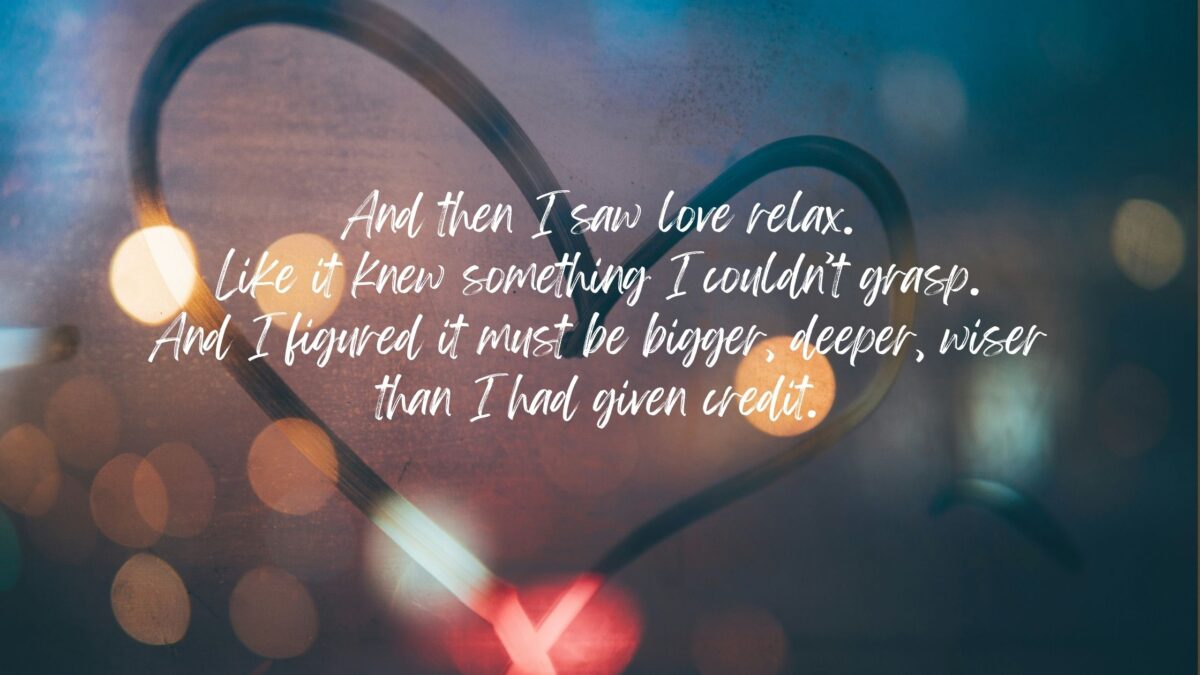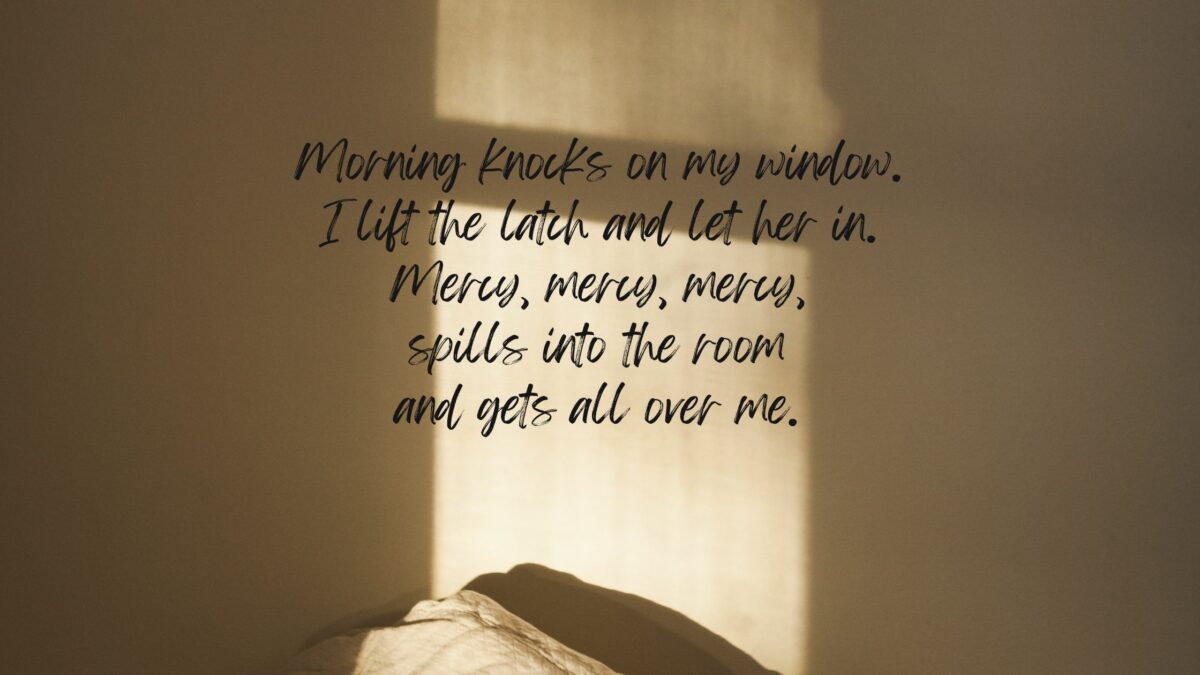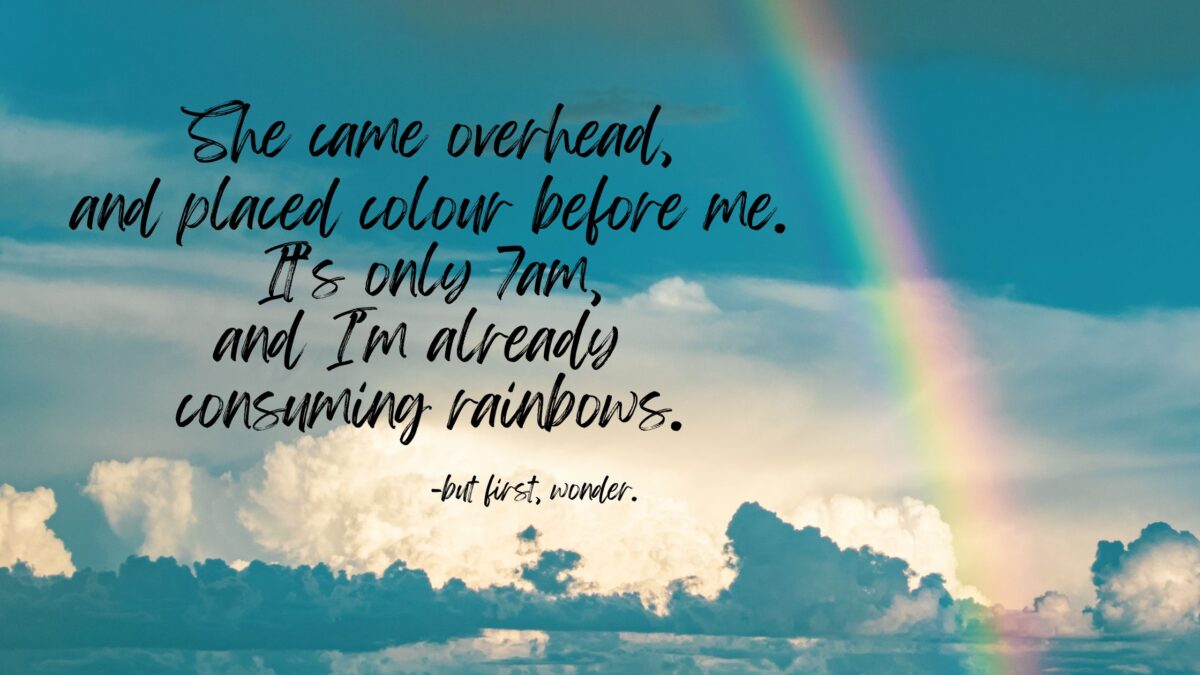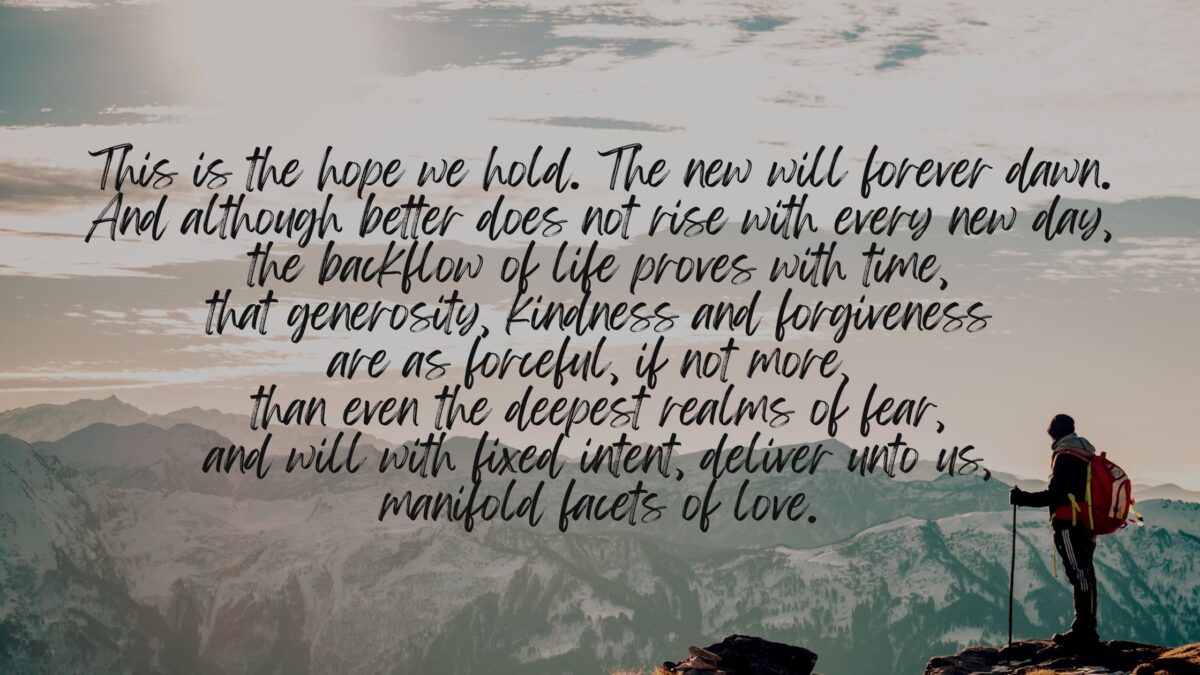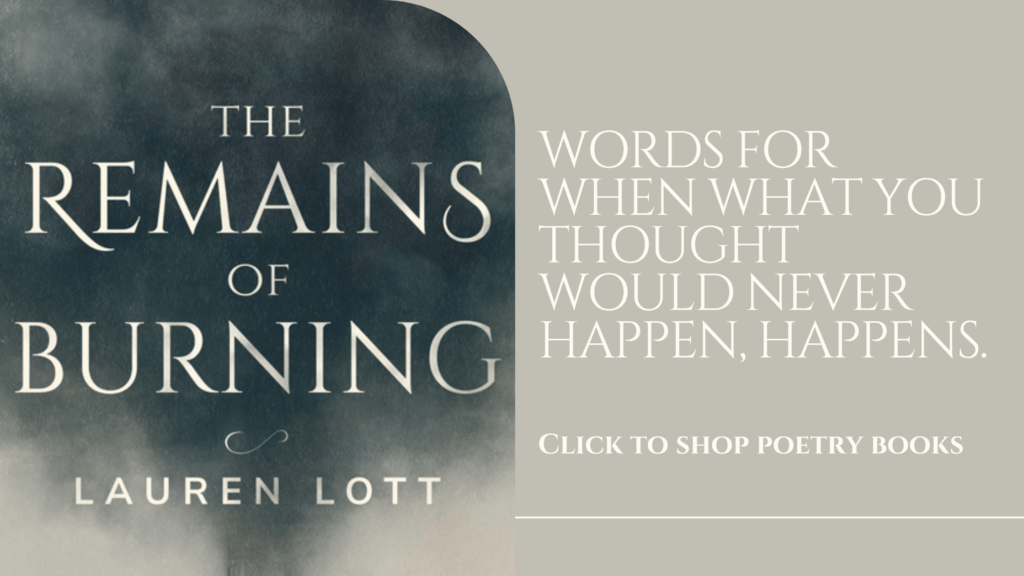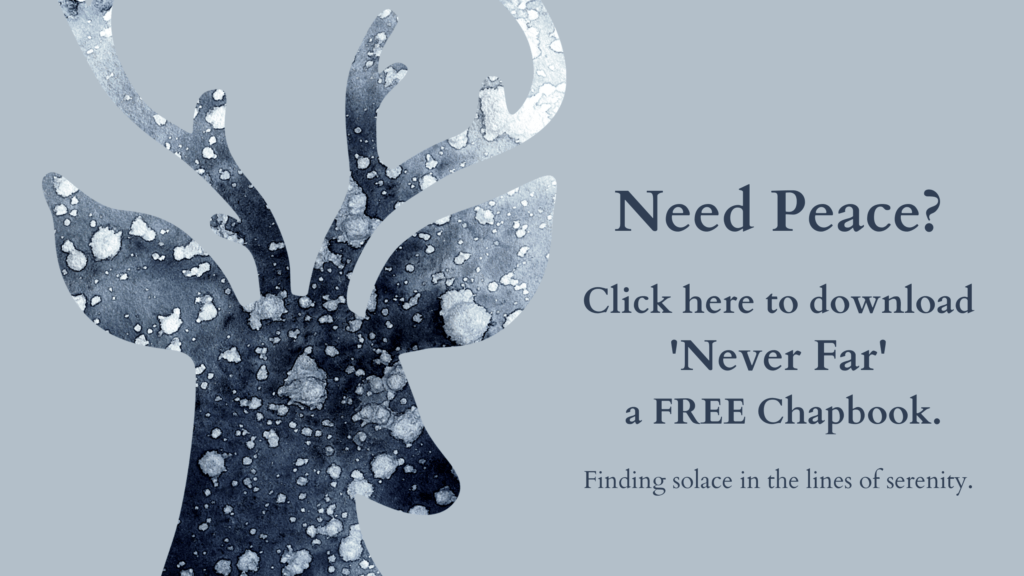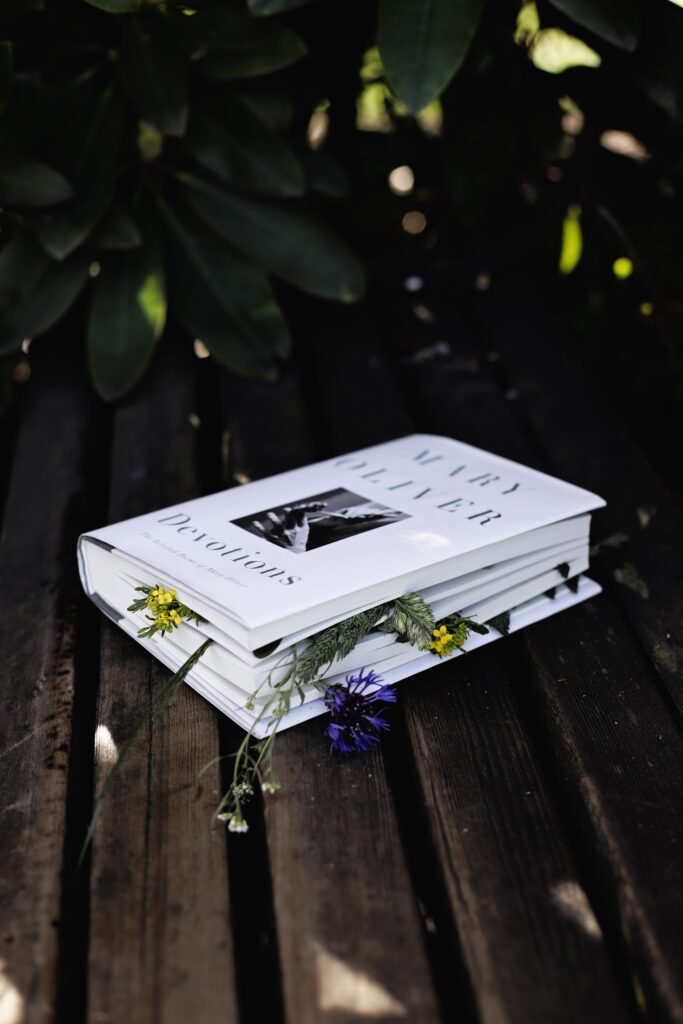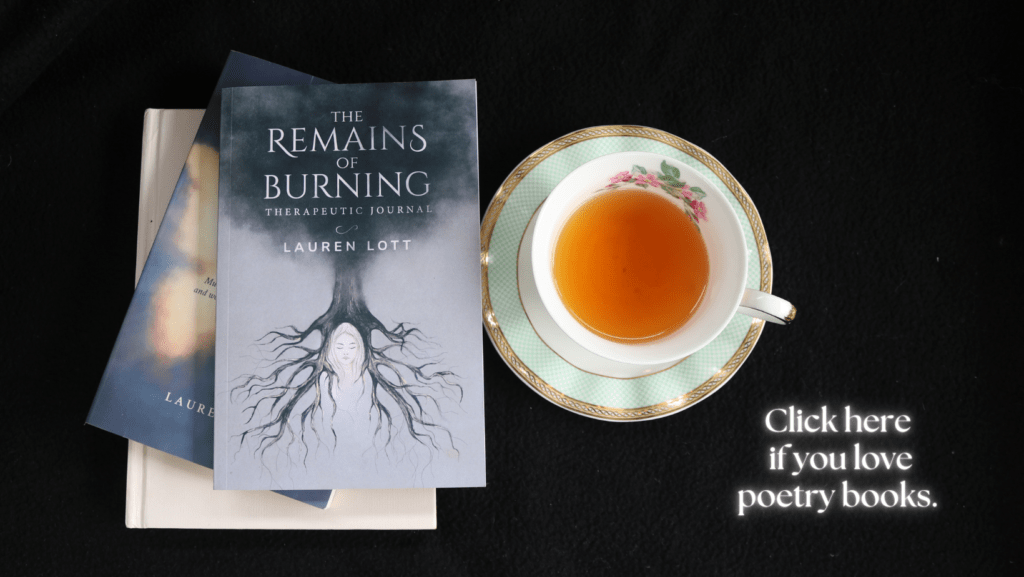As Valentine’s Day rolls around, it brings with it a mix of emotions, expectations, and stereotypes about love. From cinema screens to store shelves, the narrative of romantic love is adorned with grand gestures, expensive gifts, and picture-perfect moments.
But beneath the red roses and heart-shaped chocolates lies the real essence of love, often obscured by these prevalent myths. Before the big day, let’s debunk some common Valentine’s Day myths and shed light on the truths of genuine love.
Myth 1: Love Is All About Grand Gestures
Valentine’s Day is synonymous with grand romantic gestures. Advertisements and social media often portray love as an elaborate affair, involving luxury gifts, exotic vacations, and surprise proposals.
While there’s nothing inherently wrong with celebrating love grandly, this portrayal can create unrealistic expectations.
At nineteen, my boyfriend pulled out all the stops for Valentine’s Day. He showered me with roses, chocolates, and teddy bears, going above and beyond in his gestures. It was an extraordinary outpouring of gifts, more than I’ve ever in my life received for Valentine’s Day.
Yet, despite this lavish display, our relationship came to an end just two weeks later. The truth was, we weren’t in love, even if the grand Valentine’s Day gestures might have suggested otherwise to those looking in from the outside.
Truth: Love is in the Daily Acts of Kindness
True love is found in the often-overlooked acts of kindness and understanding. It’s found in the comfort of a shared silence, the warmth of a reassuring hug, and the security of a handheld during tough times.
Genuine love is built on a foundation of consistent, small acts of care and loyalty that strengthen the bond over time.
Myth 2: Valentine’s Day Must be Perfect
Valentine’s Day often comes with the pressure for everything to be perfect — the perfect date, the perfect gift, the perfect expression of love. This quest for perfection can lead to disappointment and overshadow the genuine expressions of love that may not fit the ‘perfect’ mold.
Truth: Love Embraces Imperfections
True love embraces imperfections, both in our partners and in the way we celebrate our love. It acknowledges that mistakes will be made, and plans may go awry, but what matters is being together and appreciating each other, flaws and all. Love is patient and forgiving, not just on Valentine’s Day but every day.
Myth 3: Valentine’s Day Is Only for Romantic Love
The commercialization of Valentine’s Day often focuses solely on romantic love, sidelining other forms of love that are equally worth celebrating. This can lead to feelings of exclusion or loneliness for those who aren’t in romantic relationships.
Truth: Love Is Universal and Inclusive
Love, in its truest form, is universal and inclusive, encompassing the love between friends, family members, and even the love we must nurture for ourselves within. Valentine’s Day can be a celebration of all forms of love, reminding us to appreciate and express gratitude for the diverse bonds in our lives.
Myth: Valentine’s Day is a Really Important Time of Year
Valentine’s Day is often portrayed as a crucial event, a day when love must be celebrated suggesting that the quality of one’s relationship can be measured by the scale of Valentine’s Day celebrations.
This myth propagates the idea that love, unless displayed loudly on this particular day, might not be as genuine or deep.
Truth: Valentine’s Day is Just a Day
In reality, Valentine’s Day is merely a date on the calendar. It doesn’t possess any inherent magic or significance that elevates it above any other day in terms of expressing love or affection.
While Valentine’s Day can be an opportunity for a special gesture, it’s the cumulative effect of daily acts of love that truly fortifies a relationship, making every day as significant as February 14th.
Myth: Being Single on Valentines Day Means You Are Undesirable
The emphasis on romantic celebrations can make Valentine’s Day challenging for those who are single, often casting singlehood in a negative light.
This can make single people feel like they have been left out of the loop. When examining the reasons behind single status some may feel it is because they are undesirable or unworthy or love.
Truth: Being single on Valentine’s Day Does Not Mean You Are Undesirable
Let me say it straight, being single is a blessing. Why?
Because it means you’re not with your jerk ex-boyfriend anymore.
Because it means you are free to fly high and live without compromise.
Because it means your next great adventure in love is still excitingly ahead of you.
Because it means you are giving yourself room to grow and fulfil your potential.
Because it proves that although relationships are easy to find, it’s love you are waiting for.
Because you are a-okay with it.
Rethinking Valentine’s Day
This Valentine’s Day, let’s challenge the myths and embrace the truths about love. Let’s remember that love is not measured by the grandeur of our gestures but by the depth of our bonds.
It’s a day to celebrate love in all its forms, free from the pressure of perfection, inclusive of all types of relationships, and acknowledging the beauty of love’s everyday expressions.
Let’s unwrap the true heart of Valentine’s Day and celebrate the genuine connections that enrich our lives.
The poem featured in this blog post is from my first collection, ‘The Remains of Burning’. Available from bookstores worldwide.
